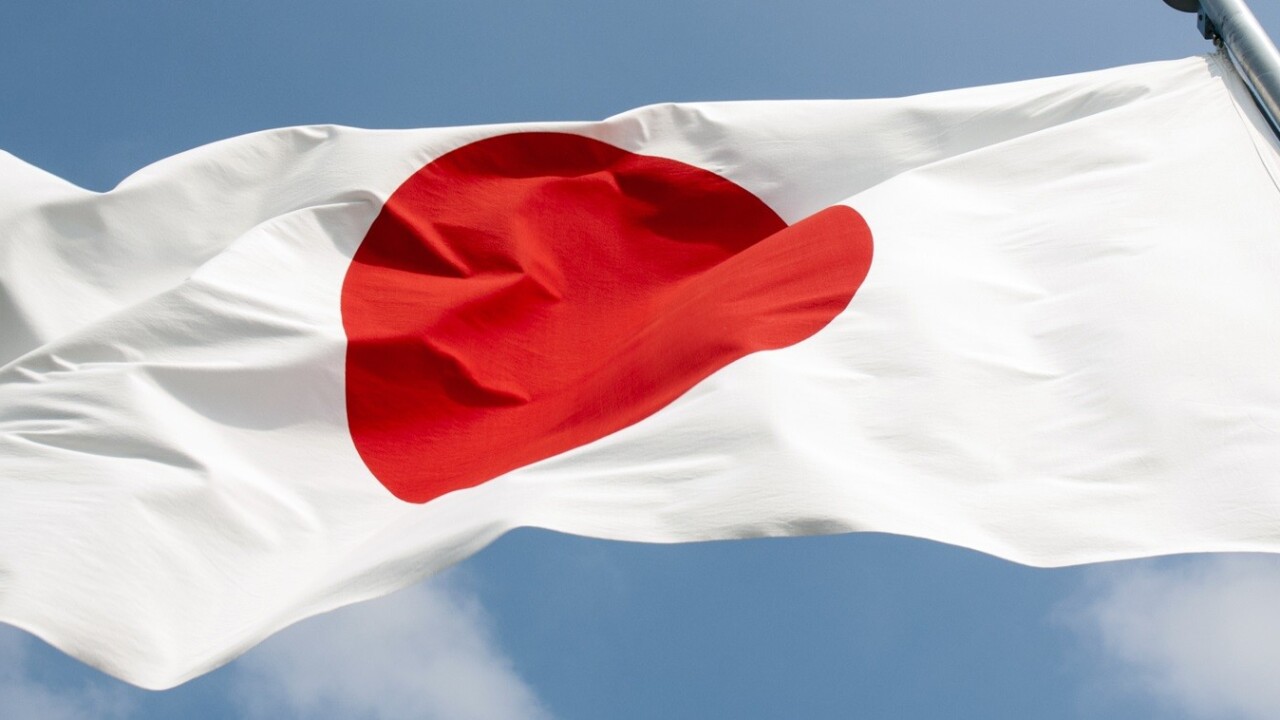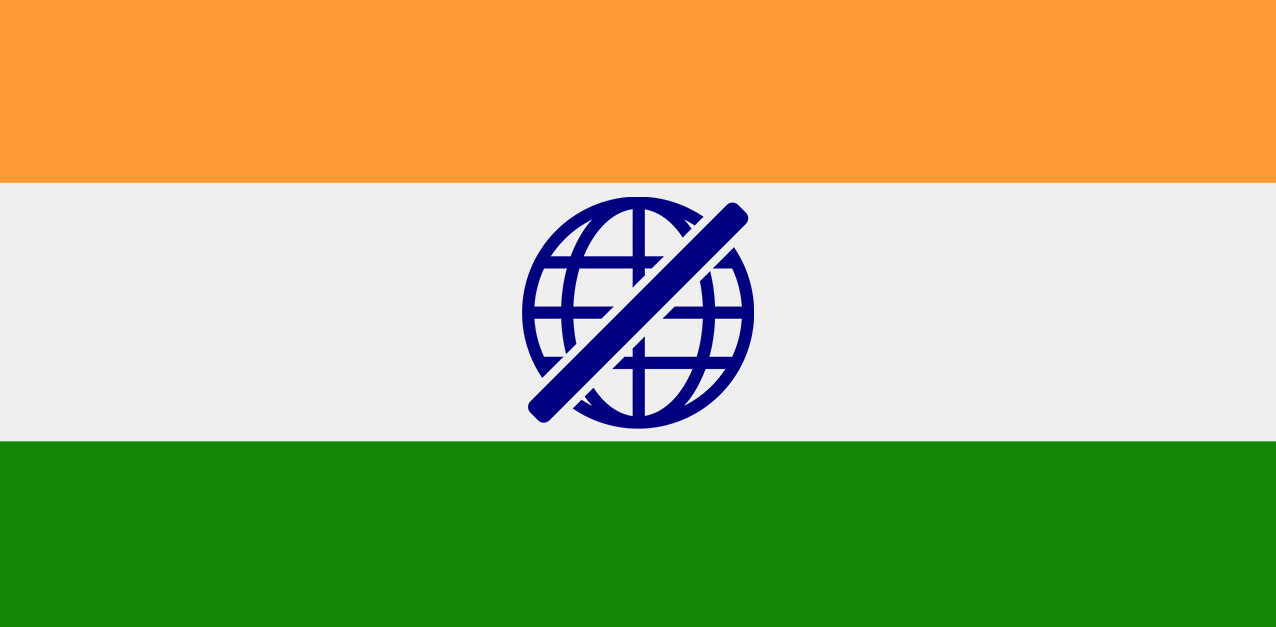
It wasn’t long ago that Japan’s technology space was considered to exist on an entirely different plane to the rest of the world. Mixi was a forerunner to Facebook, going on to list on the domestic stock exchange in 2006, and even today Japanese consumers are still kicking the habit of flip phones, buying devices from the likes of Panasonic, Fujitsu, NEC and other brands not usually associated with mobile.
Those are just some examples of Japan’s ‘galapagos‘ syndrome — summarized nicely by the Wall Street Journal last year. Essentially it’s an explanation of how the country’s culture, ideals and consumer trends differ to the US, Europe and the rest of Asia — but here’s something interesting: many of the features of galapagos are being eroded from Japan’s tech space.
Smartphones and tablets
Apple is one of the most obvious examples of an overseas company making inroads in Japan. Back in September, the launch of the new iPhones helped it snag a record 34 percent share of mobile sales, and growth has continued: new figures from Kantar suggest the iPhone 5s and 5c accounted for 76 percent of new smartphone sales in Japan this October.
Though research suggests Apple topped Japan’s mobile market last year, Android is also making its mark in the country — thanks in no small way to Docomo. Japan’s top operator has maintained a strong focus on Android. To that end, it recently unveiled 10 new devices running the Google operating system — although it now offers the iPhone too.
Amazon is another US giant that is performing well in Japan, despite top domestic e-commerce player Rakuten buying rival tablet and e-reader-maker Kobo. Rakuten-Kobo relaunched its products in Japan but Amazon — which just launched its Prime video-on-demand service in Japan — has taken the domestic e-reader market by storm, gaining a dominant 38.3 percent share of the e-reader space within just four months of launching its Kindle range.
The battle is sure to continue, but the success that Amazon has seen to date would have been difficult to predict.
Western Internet services grow
Beyond devices, Japanese Internet users are also using overseas-based services like never before.
Twitter has long been popular in Japan — thanks to culture, its mobile focus and a healthy dose of good timing. Indeed, Twitter’s record for tweets per second was set following the broadcast of a popular Japanese anime show, while Japan and Korea were among the most active on Twitter during New Years Eve 2012-2013 celebrating — clocking an impressive 33,388 tweets per second at peak.
Facebook has traditionally lagged in Japan, but things are changing. The US social network claimed to have overtaken Mixi a year ago, and this year the company seems to grown even more in Japan, becoming a more popular option for Internet users and offering a valuable platform for services and startups in Japan.
Serkan Toto, a consultant who closely studies Japan’s tech and mobile spaces, tells TNW that the ‘Americanization’ of Japan’s Internet space is a genuine trend:
Right now, in Japan, services like Twitter, Facebook, or Instagram are popular, while Japanese counterparts have either failed (like all of the Twitter clones) or are declining (like Mixi).
It’s similar in other significant areas. In e-commerce, Amazon made huge progress over the last five years in Japan, as did Google in search. Right now, Japan is the only country in the world in which Google powers the search for Yahoo, the country’s biggest website.
Japanese tech going global
It isn’t all one way, Japan is beginning to show that it is capable of producing companies and services that can grow outside of the country — something that goes against the galapagos syndrome.
Line, a two-year old messaging app developed by Korean Internet company Naver but headquartered in Japan, just passed 300 million registered users worldwide. Having established impressive adoption in some parts of Asia — notably Taiwan, Thailand and Indonesia, as well as Japan — it has set its sight on building out into the US, Latin America and Europe.
SoftBank is no spring chicken, but the operator is making big moves overseas. It owns US telecom company Sprint, and showed its interest in diversifying its assets when it snapped up a majority stake in red hot gaming firm Supercell in October for a cool $1.5 billion.
There have been failures, of course. Nintendo hasn’t aged well in the mobile era, but Toto pinpoints DeNA and GREE, two billion dollar mobile gaming firms that have thus far failed to replicate their domestic successes on the international stage:
In mobile gaming, DeNA and GREE, where many people were hoping they could be the next Nintendos, are also now losing to foreigners, namely the App Store and Google Play.
Can changing habits in Japan influence other companies, startups and services that venture out of the domestic market? Certainly there is a case for greater optimism. Likewise, the apparent lessening of the effects of galapagos syndrome make Japan’s lucrative market more open to overseas companies, although there are still plenty of issues to contend with.
Images via YuryZap / Shutterstock, Japan Times, Dudley Carr / Flickr and Line
Get the TNW newsletter
Get the most important tech news in your inbox each week.







